Hostile Takeover in Jackson
The Mississippi GOP’s attack on local power in the Black-majority capital has outraged and galvanized city lawmakers.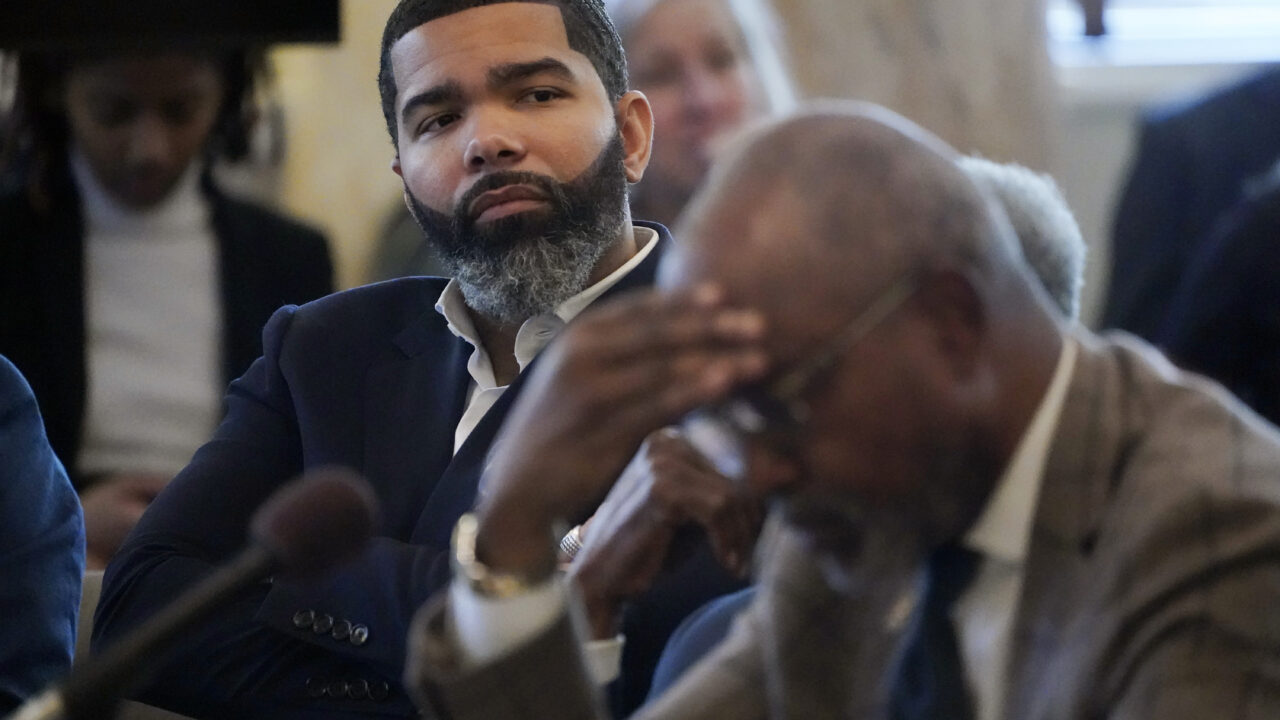 Jackson Mayor Chokwe Antar Lumumba, left, listens during a hearing hosted by the Jackson delegation of the Mississippi Legislature at the state Capitol in Jackson on March 6, 2023. AP Photo / Rogelio V. Solis
Jackson Mayor Chokwe Antar Lumumba, left, listens during a hearing hosted by the Jackson delegation of the Mississippi Legislature at the state Capitol in Jackson on March 6, 2023. AP Photo / Rogelio V. Solis
At a Feb. 16 press conference, Mississippi Gov. Tate Reeves was asked about a controversial bill moving toward a vote in the statehouse. The proposed law, H.B. 1020, was beginning to draw attention outside the state for its brazen assault on local control in a Democratic city with a rich Civil Rights Movement history. But rather than address those concerns, the governor resorted to familiar hyperbole, bordering on non-sequitur, and described Jackson as “the murder capital of the world.”
By no metric did Jackson’s homicide rate justify such a claim. But it did maintain the messaging used by white state lawmakers to advance H.B. 1020 over the unanimous objection of Jackson’s entirely Black slate of local lawmakers. When the bill passed in early March, it overturned the local election of judges by transferring appointment power to the chief justice of the Mississippi Supreme Court; gave the attorney general sole authority to appoint prosecutors; and greatly increased the size and scope of the state-run Capitol police, to the point of creating a parallel police force with jurisdiction over all of Jackson. (The original House version of the bill was even more draconian: it called for an entirely separate court system for Jackson and attempted to make Supreme Court-selected judges lifetime appointees.)
The law passed over the collective opposition of the city’s elected officials, as well as that of Jackson’s 40-year-old Mayor, Chokwe Antar Lumumba, who see the bill as a hostile takeover of an 83% African-American city by a state Congress dominated by white representatives of rural counties.
“They don’t think Black people can govern themselves,” the Mayor told Truthdig. “They want to seize through policy what they can’t achieve through a democratic process.”
Republican Rep. Trey Lamar, the bill’s main sponsor, has repeatedly denied that the bill is racist. But when asked at a hearing in February why Jackson’s new judges will be appointed rather than elected, he said, “Well, we want to get the best and the brightest.”
By no metric did Jackson’s homicide rate justify such a claim. But it did maintain the messaging used by white state lawmakers to advance H.B. 1020 over the unanimous objection of Jackson’s entirely Black slate of local lawmakers.
The policing plank of the law is equally contentious. Jackson’s Capitol police department has historically served as security for the Capitol building and surrounding areas. The new bill extends a recent trend that has seen the department morph into a full-fledged police force, complete with plainclothes officers, investigative units and patrol cops who conduct traffic stops. They roam the area surrounding the Capitol in SUVs with tinted windows. Their unorthodox evolution as a policing force has largely exempted them from the mild reforms impacting traditional police departments around the country, including changes in policy related to transparency, chokehold bans and a new emphasis on de-escalation.
In the six months since the Capitol force began its steady expansion beyond the Capitol building — a process that H.B. 1020 greatly accelerates — its officers have been involved in four shootings of Black people in nearby neighborhoods.
One of these occurred just past midnight on Dec. 19, 2022, when a bullet pierced the wall of Latasha Smith’s apartment, flying past her 13-year-old daughter and lodging in Smith’s arm. Once Smith realized she’d been shot, she ran outside, screaming, with blood gushing from her arm. She saw Capitol officers standing outside of the apartment. She realized that the bullet had come from the gun of a Capitol cop. The police had been in pursuit of a car they believed to be stolen. They ended up at Smith’s apartment complex, where they fired off multiple shots.
As she described at a community meeting in February, she told the officer, “You shot me.” As they were loading her into an ambulance, another officer, a woman, came over and acted in a way that Smith described as “smart-mouthed” and “disrespectful.”
“I said, ‘Ma’am, just please get away from me because your man shot me.’”
“I pray the Capitol Police do not get extended jurisdiction,” Smith later said. “If they do, I’m moving far, far away.”
The city’s Black leadership say they need more support for the beleaguered Jackson Police Department, not a second police force controlled by conservative white lawmakers.
Lumumba says that since the arrival of COVID-19, the state has undermined city officials at every turn. At the start of the pandemic, Lumumba predicted a rise in violence and issued an executive order suspending open carry laws. He was promptly sued by the state attorney general. As crime spiked, the mayor then requested state funds to pay police overtime, modern ballistic technology that would allow them to trace shell casings, a real-time command center and funding to expand violence interruption programs. State lawmakers rejected every request.
“After having demonstrated willful neglect of Jackson, now they’re putting forth a takeover under the Trojan horse of ‘public safety,’” says Lumumba. “But the Capitol police has already shown itself to be overly aggressive.”
The city’s Black leadership say they need more support for the beleaguered Jackson Police Department, not a second police force controlled by conservative white lawmakers.
Another shooting involving the Capitol police occurred on Sept. 25 of last year, when 25-year-old Jaylen Lewis was followed by a white Capitol police officer in an unmarked car. It’s not clear how their interaction unfolded — the Capitol police don’t wear body cams — but Lewis was shot in the head and pronounced dead at the hospital.
No gun was recovered at the scene. “He posed no threat,” Lumumba says.
Arkela Lewis, Jaylen’s mother, told the Associated Press that Capitol Police leaders never called her about her son. “It terrifies and angers me,” she said at a press conference in September. “This has to stop. You ended my baby’s life.”
* * *
City lawmakers say the millions of dollars that will go toward turning the Capitol police into a citywide force should instead be spent on the crumbling city infrastructure. Mayor Lumumba notes that young people are leaving in droves, which in turn hurts all of Mississippi, as Jackson makes up 25% of the state’s gross domestic product.
“The more they oppress us and fail to contribute to the city, the more they encourage an exodus that hurts the state,” says Lumumba. “They are cutting off their nose to spite their face.”
Cliff Johnson, University of Mississippi law professor and head of the MacArthur Justice Center, notes that there’s tightly wound tension in red states with blue and purplish cities surrounded by Republican districts that are overwhelmingly white and rural. “You’ve got these lawmakers who grew up in the Baptist church, probably came through the white segregated academies in the 1970s that further confirmed their religious and political identities,” he says.
Much like the national GOP platform, the divisions between urban and rural Mississippi are deep but consciously stoked by lawmakers playing on fear. “It’s a perceived existential threat from the Left,” Johnson adds. And it’s not just liberal havens like Los Angeles and New York. All urban areas are suspect, he notes, including the deeply religious Jackson.
“The more they oppress us and fail to contribute to the city, the more they encourage an exodus that hurts the state,” says Lumumba. “They are cutting off their nose to spite their face.”
“They’re painted as dangerous places, of marauding Black people with guns, strip clubs — nothing good happens there.” It’s part of the larger narrative of white grievance nurtured in conservative media and local conservative political cultures.
“These actors are just feeding this narrative of ‘Us against the world,’” Johnson says.
That narrative is woven deeply into the fabric of the state’s political culture and finds reflection throughout Jackson’s granite statehouse, in front of which stands a statue celebrating, “The Women of the Confederacy.” Inside the building, a stained-glass triptych depicts a Native American; an angelic white woman; and a white man digging in a crop field. It is an odd representation and celebration of Mississippi’s origin story, given that slaves made up more than half of Mississippi’s pre-Civil War population.
It’s not the only history missing from view. In the 1960s, Jackson was the site of numerous historic sit-ins, protests and marches. Medgar Evers, a Mississippi civil rights activist, pushed for admission for Black students to the University of Mississippi before being assassinated by the Ku Klux Klan in 1963. There is a Civil Rights museum in Jackson, but you’d never know about this history based on the statues and pictures on display in the Capitol, the state seat of power.
“They are blind to the contributions of Black people,” Lumumba says.
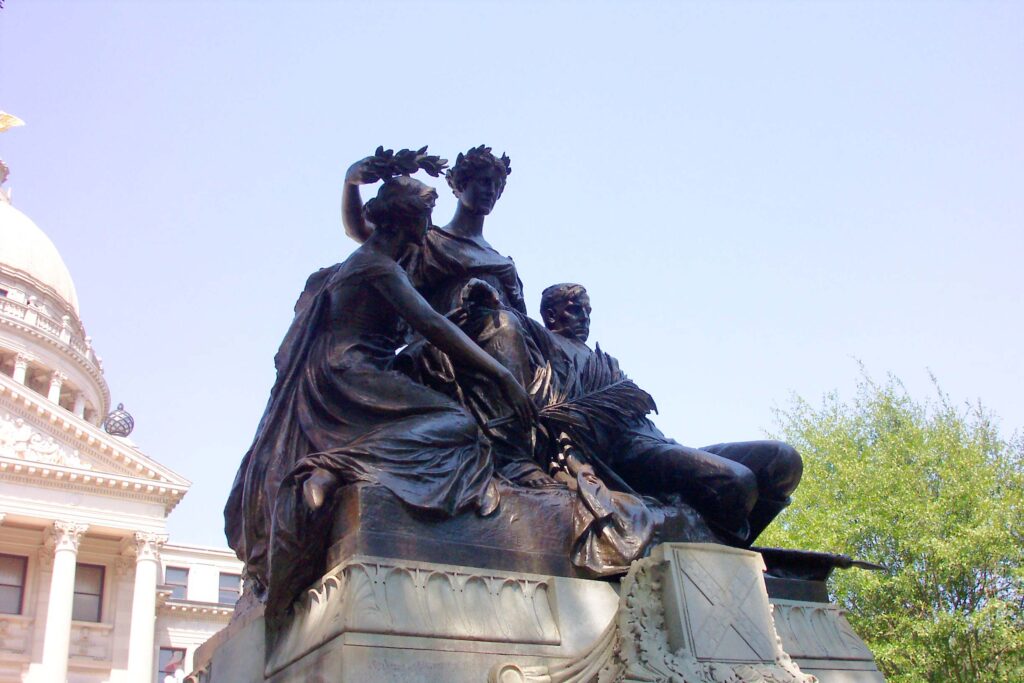
This blindness, the mayor notes, carries over into a refusal to provide the Black-majority capital with resources. The Jackson Police Department being overridden by a supercharged Capitol force, for example, is severely understaffed, reflecting years of underfunding, including a longstanding refusal by the state to invest in tools necessary for officers to do their jobs.
“The state crime lab is severely backlogged and understaffed,” says Lumumba, noting that officers are hamstrung when it takes months for ballistics and other forensic evidence results to come in. “People are waiting an extremely long time for the medical examiner to do an autopsy.”
City lawmakers say the millions of dollars that will go toward turning the Capitol police into a citywide force should instead be spent on the crumbling city infrastructure.
He believes that means the local police should be empowered to investigate crimes, rather than muscled out of the way by Capitol cops cruising around intimidating people and conducting questionable stops.
For their part, the residents of Jackson are not particularly worried about becoming victims of violent crime in Jackson. This squares with national polls that show most people are more worried about economic issues. Ahead of the midterms, U.S. voters consistently cited the economy and inflation as their top concerns. A Politico poll found that only 33% of Democratic voters ranked crime as an extremely important issue. Abortion, health care and even national security were bigger concerns. Sixty percent of Republican voters were concerned about crime, but almost the exact same number were nearly as concerned about inflation.
Ultimately, Lumumba sees a kind of shock doctrine at work, with the white legislators using exaggerated fears about crime as a strategy to seize power.
“It’s a [post] pandemic power grab to institute long-term changes,” Mayor Lumumba says. “That’s all it is.”
What Might We Do?Last week, two Democratic Black lawmakers were expelled from the state Congress of Tennessee after protesting gun violence in the statehouse. Following a public outcry, they were reinstated by local municipal boards. But the usurpation of power by white GOP lawmakers fits a pattern that you see in this story. Around the country, Republican lawmakers at the state level starve blue or purplish cities — like Jackson, Mississippi and Memphis, Tennessee — of resources. They refuse to enact commonsense gun restrictions. Then, they blame gun crimes in Democrat-led cities on Democratic criminal justice reforms, when the real problem is a gun culture that inevitably leads to homicides in blue and red cities alike.
You can help break this cycle by supporting efforts to empower city lawmakers and pressure state lawmakers to fund infrastructure and support commonsense gun reform measures. Below are some groups working on these issues in Jackson.
- JXN Undivided formed to oppose Mississippi H.S. Bill 1020. They demand, “Safety. Security. Dignity. Justice.” You can learn more or sign their petition here.
- Mississippi Votes fights for progress in Mississippi with a focus on voting rights and empowering communities through grassroots organizing. Contact them at [email protected] or donate here.
- Mississippi’s NAACP office is calling for a Community Bill of Rights for the city after state officials misled residents about the safety of local drinking water as a result of neglecting infrastructure for decades. The organization is demanding a state-of-the-art water system for the city as well as accountability for state officials who “intentionally misinformed the public.” You can learn more and sign the petition here.
As we navigate an uncertain 2025, with a new administration questioning press freedoms, the risks are clear: our ability to report freely is under threat.
Your tax-deductible donation enables us to dig deeper, delivering fearless investigative reporting and analysis that exposes the reality beneath the headlines — without compromise.
Now is the time to take action. Stand with our courageous journalists. Donate today to protect a free press, uphold democracy and uncover the stories that need to be told.

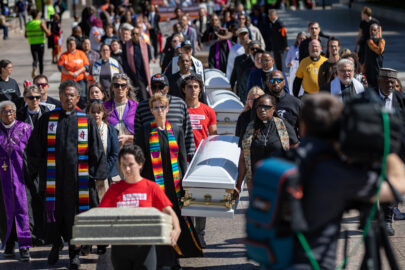


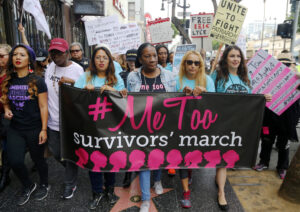

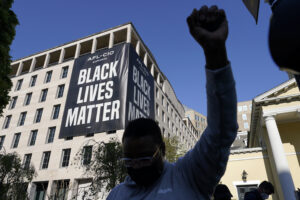
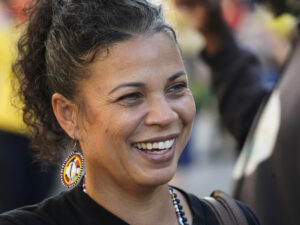
You need to be a supporter to comment.
There are currently no responses to this article.
Be the first to respond.